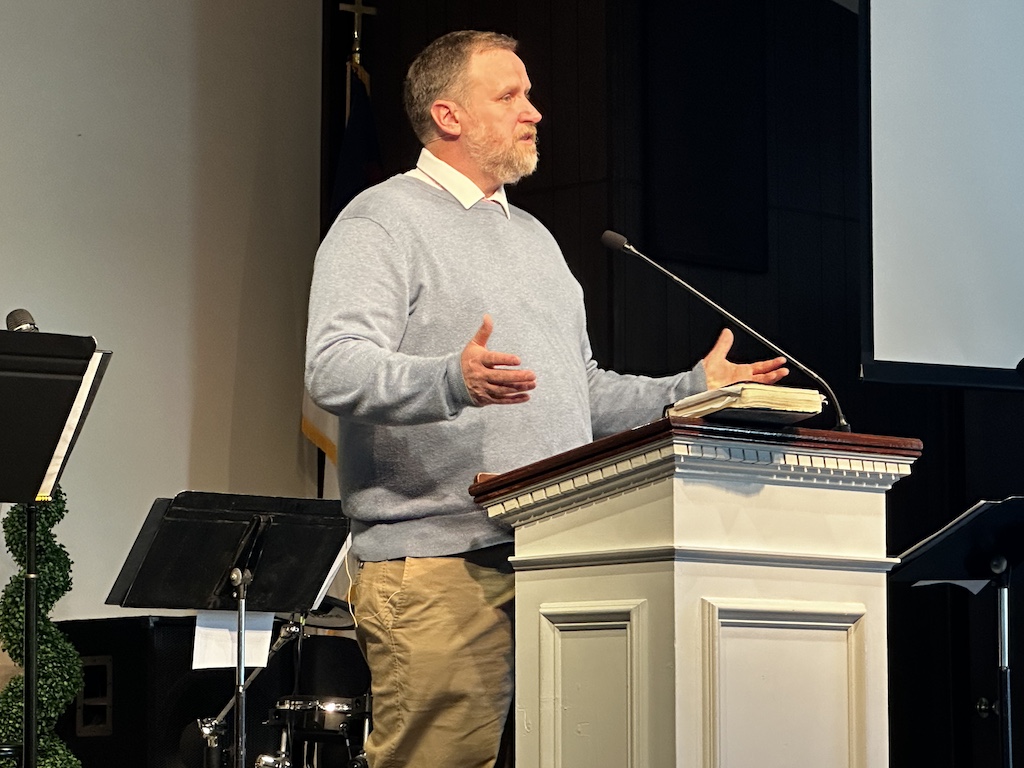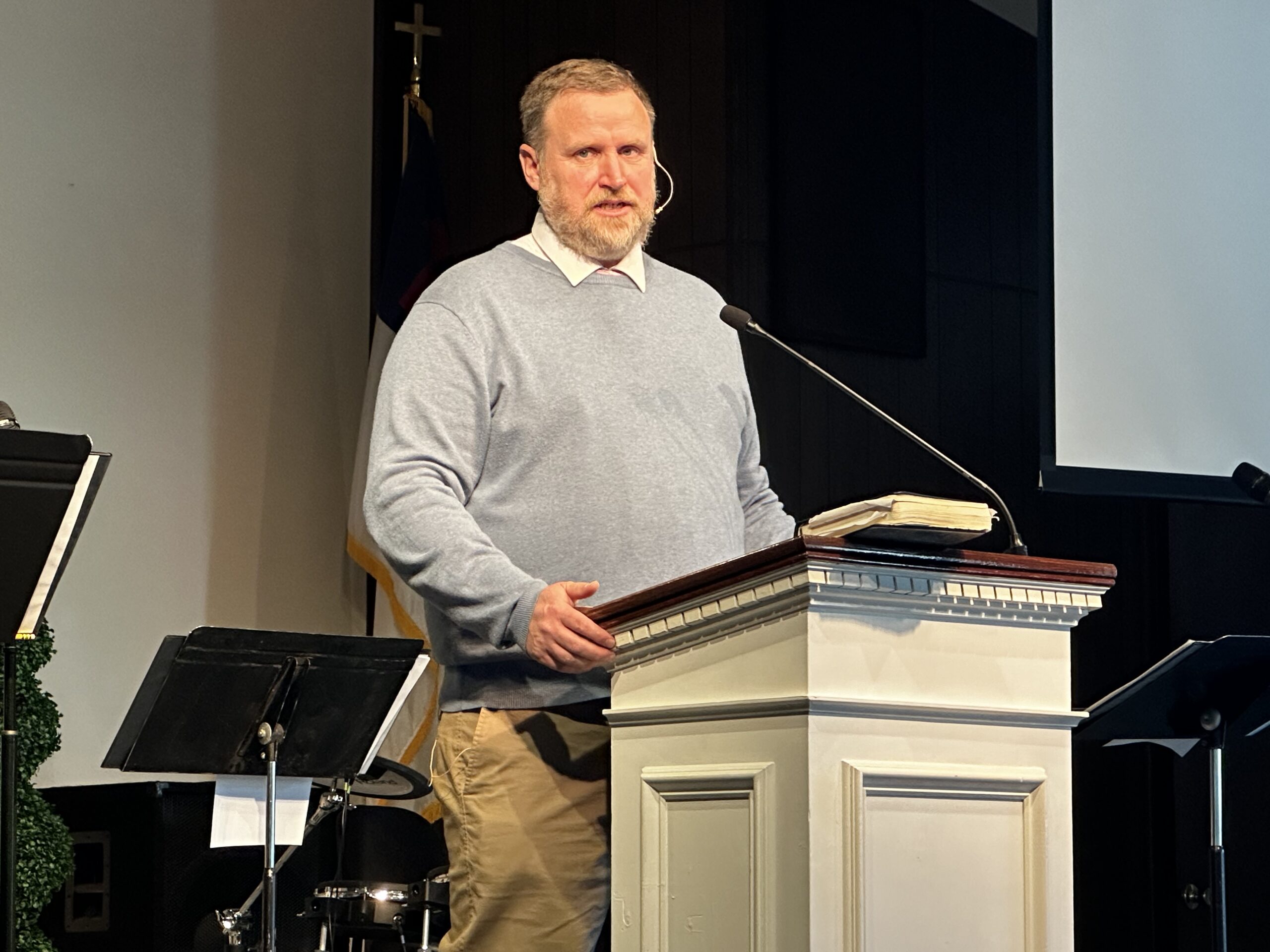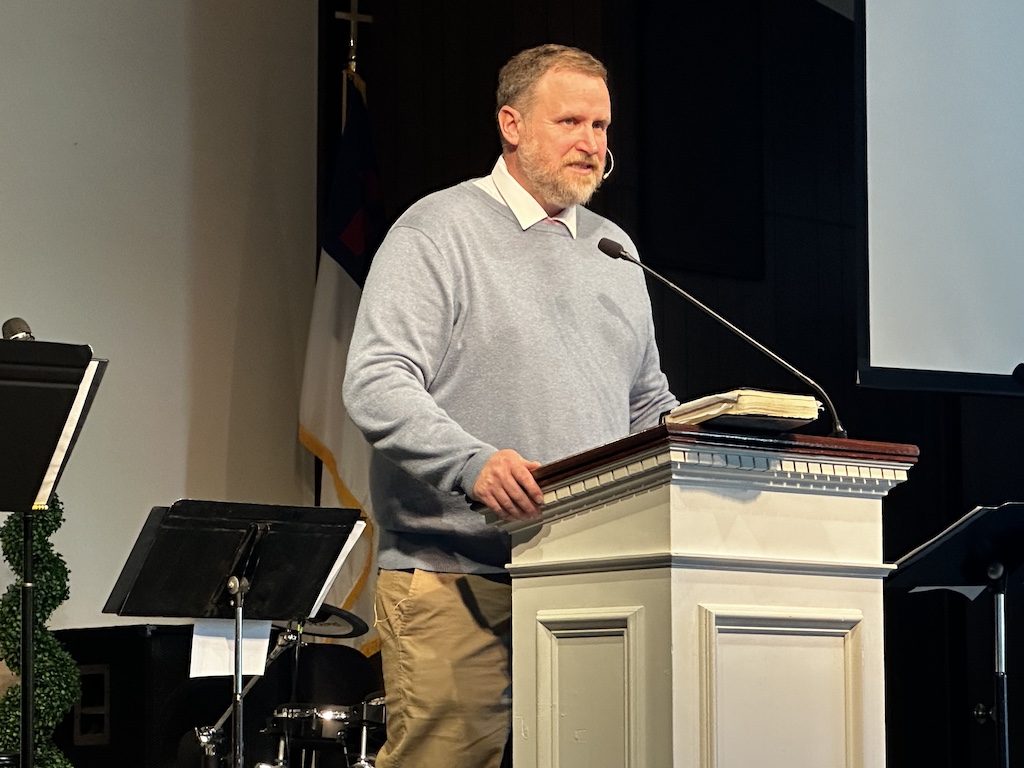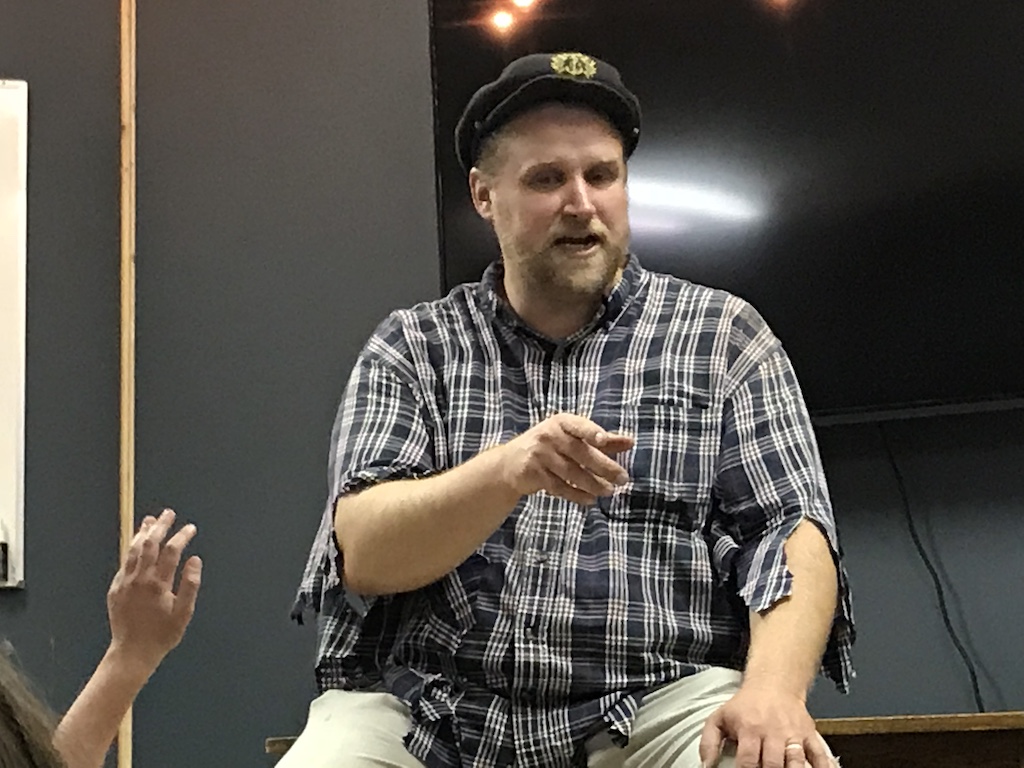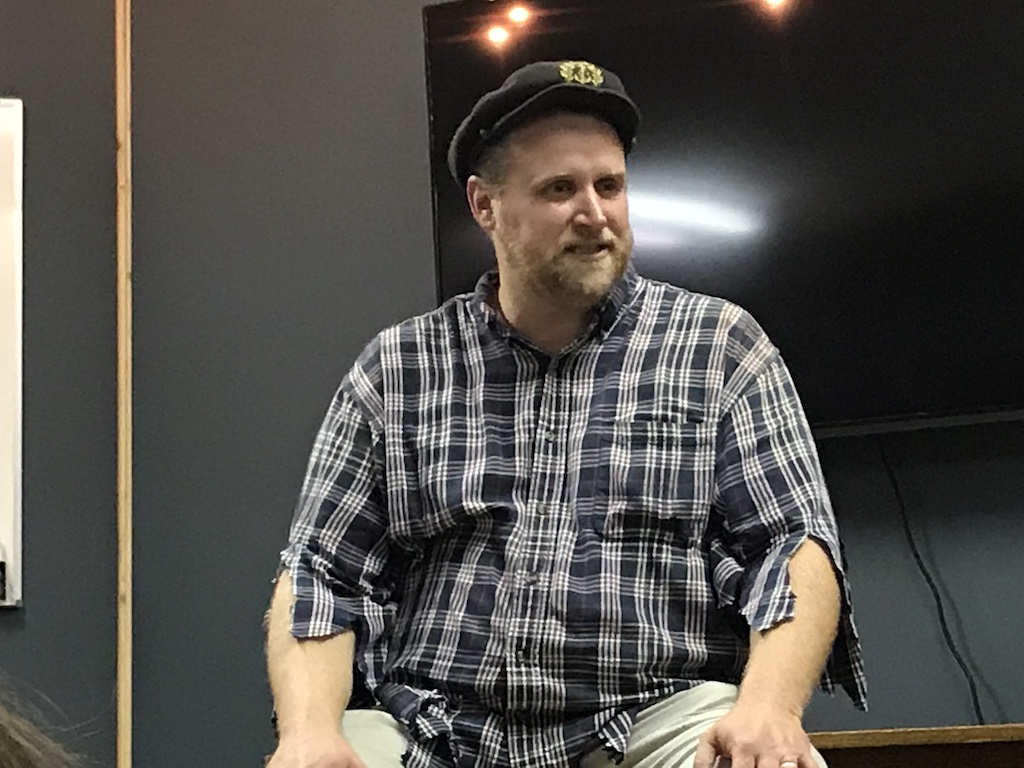Sermon Archive
April 2024
The Changing Mind of Paul
Paul’s conversion to Christianity is unique. Not only did Jesus Himself take the lead in seeking his conversion, but Paul’s change of mind was nearly as sudden as the flipping of a switch. One minute he was breathing threats and murder against the church, but then came the voice on the Damascus Road, “I am Jesus,” and in a flash everything changed. All of his seemingly well-reasoned arguments against Christians were overthrown, and all his wayward passions were confronted. It was proof of the resurrection that caused this 180-degree turnaround n Paul. This Sunday we’ll look at Paul’s post-resurrection encounter with Jesus in Acts 9.
The Road to Emmaus
There’s something gripping about an eyewitness account, isn’t there? It’s one thing to hear a news anchor report on some far away happening, but it is quite another to listen to someone give a firsthand account of what they actually witnessed with their own two eyes. After Jesus was raised from the dead He appeared in the flesh to many different people, and the Bible recounts some of these firsthand encounters with the Risen Jesus.
This Sunday and for the next several Sundays we’ll be studying some of these post-resurrection encounters with Jesus. This Sunday we’ll be in Luke 24:13-35, which contains an interesting account of two of Jesus’ disciples who encountered Jesus on the road to Emmaus.
March 2024
Easter
I can recall witnessing the baptism of a young man while I was on staff at Camp Maranatha in Southern California. The young man had put his trust in Jesus for salvation that very night following an hours-long conversation with his youth pastor, a man named Jack Williamson. I don’t recall the exact time, but it was after midnight when they came knocking on my door to ask if I’d open the camp’s pool so they could baptize him. I was not the only one who had been awakened for the baptism.…
Palm Sunday
The way Jesus entered Jerusalem on His way to the cross on that first Palm Sunday was very deliberately done to fulfill a prophecy that we find in Zechariah 9:9.
9 Rejoice greatly, O daughter of Zion!
Shout aloud, O daughter of Jerusalem!
Behold, your king is coming to you;
righteous and having salvation is he,
humble and mounted on a donkey,
on a colt, the foal of a donkey.
It seems to me that much of the misunderstanding between Jesus and those who received Him into Jerusal…
Abounding in Every Good Work
Ever since last fall, I have tried something different in my personal devotions. Rather than reading my way through books of the Bible I selected ten blocks of scripture and set out to memorize them over the course of the winter. I printed them out and stuck them in my car, the pockets of my jacket, and used them as bookmarks. I began the day with an hour focused on memorization and prayer, but throughout the day I would visit and revisit the passages. I was surprised at the ways God used t…
The Sacrifice of Isaac
Genesis 22 records some unexpected words that God spoke to Abraham. He said, “Take your son, your only son Isaac, whom you love, and go to the land of Moriah, and offer him there as a burnt offering on one of the mountains of which I shall tell you.” Now, those words are surprising for a number of reasons, but so too is Abraham’s response. Insofar as scripture records, Abraham made no attempt to argue with God over this extraordinary command, and his only response was to make ready to d…
Here We Go Again
Repetition is something we see a lot of in the Bible. Joseph had duplicate dreams with the same meaning. Pharaoh did too. Jesus told the parable of the lost coin and the lost sheep and the lost prodigal son all in a row to communicate the same, singular truth. On two separate occasions two different women washed Jesus’ feet with expensive perfume. On two separate occasions Jesus fed large crowds with just a little bit of food. We have the Gospel accounts of Matthew, Mark, Luke and John al…
February 2024
Sodom and Gomorrah
Today, “Sodom” and “Gomorrah” have become almost bywords for unchecked depravity and divine judgment. The author of Genesis highlights the sexual immorality and violence of these cities, and the author of Ezekiel highlights their pridefulness and their fat-hearted disregard for the needy. (Ezekiel 16:49-50) We find the story of Sodom and Gomorrah in Genesis 18:20 through the end of chapter 19. This Sunday we’ll be exploring this controversial account, seeking to understand its meaning to its original audience and also asking what lessons this ancient story holds for us as God’s people living in Aroostook County, Northern Maine in 2024.
Choices
Some of you are undoubtedly wrestling with big decisions right now. According to a study cited in Psychology Today human beings make an eye-popping 35,000 choices a day. If that’s true, and I must admit that is a hard number to believe, then an average person makes 12,775,000 decisions a year. Multiply that over the span of a lifetime and the total number of decisions that we make is truly staggering. Now, most of the decisions that people make will be small and inconsequential, like whethe…
January 2024
Certain of What You Cannot See
At Houghton College there is an indoor pool contained within the athletic complex. During my years there it was kind of a tradition for students to break into the gym after hours and go swimming in the dark. I was always kind of a stick-in-the-mud, rule-follower, and so I never took part in this particular rite of passage, but beyond it being against the rules it also seemed really terrifying to me because part of the tradition was to climb up onto the high dive in the dark and, without bei…


 Subscribe to sermon Podcast RSS
Subscribe to sermon Podcast RSS